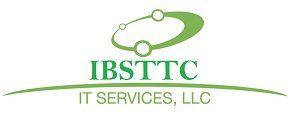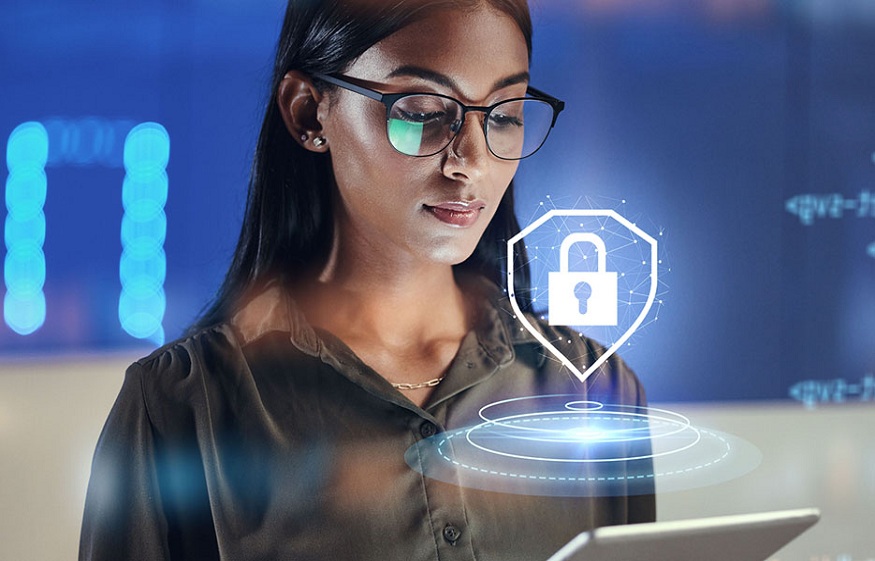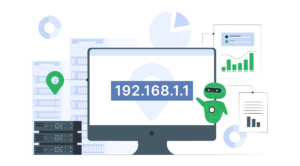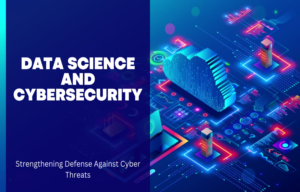In today’s fast-paced digital landscape, businesses in San Marcos must prioritize information security to safeguard their sensitive data and maintain operational integrity. Cyber threats such as data breaches, ransomware attacks, and phishing schemes are growing in complexity, making robust cybersecurity measures essential for businesses of all sizes. Without adequate protection, companies risk financial losses, reputational damage, and regulatory penalties.
This article explores the importance of information security in San Marcos, the most prevalent cyber threats businesses face, best practices to enhance cybersecurity, compliance considerations, and the role of professional IT security services in maintaining a secure digital environment.
The Importance of Information Security
The reliance on digital platforms for business operations has made information security in San Marcos, a necessity rather than an option. Businesses in San Marcos, from small startups to large enterprises, handle vast amounts of sensitive data, including customer records, financial transactions, and proprietary business information. A single cyberattack can compromise this data, leading to severe financial and legal consequences.
A strong information security strategy protects businesses from:
- Data Breaches: Prevents unauthorized access to confidential information.
- Financial Losses: Avoids costs associated with ransomware, fraud, and system downtime.
- Regulatory Non-Compliance: Ensures adherence to cybersecurity laws and industry regulations.
- Reputation Damage: Maintains customer trust and brand integrity.
Common Cyber Threats Facing Businesses in San Marcos
San Marcos businesses must remain vigilant against an array of cyber threats that can disrupt operations and compromise sensitive data. Below are some of the most common threats:
1. Phishing Attacks
Phishing is one of the most widespread cyber threats, where attackers send fraudulent emails, messages, or websites to deceive employees into providing sensitive information such as passwords, credit card details, or business data. These attacks often appear legitimate, making them difficult to detect without proper cybersecurity awareness.
2. Ransomware Attacks
Ransomware is a form of malware that encrypts a company’s data, rendering it inaccessible until a ransom is paid. Small and medium-sized businesses in San Marcos are prime targets, as they often lack the cybersecurity resources needed to defend against such attacks. Paying the ransom does not guarantee data recovery, making prevention and backup strategies essential.
3. Insider Threats
Employees, whether malicious or negligent, can pose significant cybersecurity risks. Insider threats can result from unintentional mishandling of sensitive data or deliberate attempts to steal company information. Businesses must implement access controls and employee training programs to mitigate this risk.
4. Data Breaches
Unauthorized access to business databases can lead to the exposure of customer information, intellectual property, and financial records. Cybercriminals use various tactics, including weak password exploitation and social engineering, to gain access to secure systems.
5. Distributed Denial of Service (DDoS) Attacks
DDoS attacks flood business networks with excessive traffic, causing disruptions and downtime. Such attacks can prevent businesses from providing services, leading to significant financial losses and reduced customer trust.
Best Practices for Strengthening Information Security
Businesses and information security in San Marcos can protect their digital assets by implementing the following cybersecurity best practices:
1. Adopt Strong Access Controls
Limiting access to sensitive information based on employee roles is crucial. Multi-factor authentication (MFA) and strong password policies help prevent unauthorized access to business systems.
2. Regular Employee Cybersecurity Training
Human error remains one of the leading causes of cyber incidents. Conducting regular training sessions on identifying phishing emails, using secure passwords, and following best security practices can significantly reduce the risk of cyberattacks.
3. Invest in Advanced Threat Detection Tools
Using antivirus software, firewalls, and intrusion detection systems can help businesses detect and mitigate cyber threats before they escalate. Automated threat monitoring ensures real-time protection against cyberattacks.
4. Data Encryption and Secure Backups
Encrypting sensitive data ensures that even if unauthorized individuals access it, they cannot read or use it. Regular backups stored in secure locations enable businesses to recover critical data in case of a cyberattack or system failure.
5. Develop a Comprehensive Incident Response Plan
Having a well-defined incident response plan helps businesses respond effectively to security breaches. This includes identifying threats, containing the impact, notifying affected parties, and restoring operations swiftly.
6. Conduct Regular Security Audits
Routine security assessments help businesses identify vulnerabilities and implement necessary improvements. Compliance with cybersecurity regulations should also be a priority to ensure legal adherence and customer data protection.
Compliance and Regulatory Considerations
Businesses in San Marcos must adhere to various cybersecurity regulations to protect consumer data and avoid legal penalties. Some of the key regulatory frameworks include:
- General Data Protection Regulation (GDPR): Applies to businesses handling European Union (EU) customer data, ensuring strict data protection measures.
- California Consumer Privacy Act (CCPA): Regulates how businesses collect, store, and use personal data of California residents.
- Health Insurance Portability and Accountability Act (HIPAA): Mandates data security in San Marcos for businesses in the healthcare industry to protect patient information.
- Payment Card Industry Data Security Standard (PCI DSS): Ensures businesses handling credit card transactions implement secure payment processing measures.
Compliance with these regulations helps businesses avoid hefty fines, enhances customer trust, and strengthens overall cybersecurity posture.
The Role of Professional IT Security Services
Managing cybersecurity in-house can be overwhelming, especially for small and medium-sized businesses with limited IT resources. Partnering with professional IT security providers can help businesses in San Marcos stay ahead of evolving cyber threats.
Benefits of Outsourcing IT Security:
- Expertise and Experience: Access to cybersecurity specialists who are well-versed in the latest threats and security trends.
- 24/7 Monitoring: Continuous threat detection and rapid response to prevent potential breaches.
- Cost Savings: Reduces the need for in-house cybersecurity teams while ensuring top-tier protection.
- Scalability: Security solutions that grow with business needs, ensuring long-term protection.
Conclusion
In an increasingly digital world, information security in San Marcos is essential for businesses in San Marcos. Protecting sensitive data, ensuring regulatory compliance, and mitigating cyber threats should be a top priority. By implementing robust cybersecurity measures, educating employees, and leveraging professional IT security services, businesses can safeguard their operations against ever-evolving digital risks.
For businesses looking for reliable and comprehensive information security solutions in San Marcos, Fusion Factor offers top-tier cybersecurity services. Their expert team provides proactive monitoring, risk assessment, and tailored security strategies to ensure your business remains protected in an increasingly complex digital landscape.




